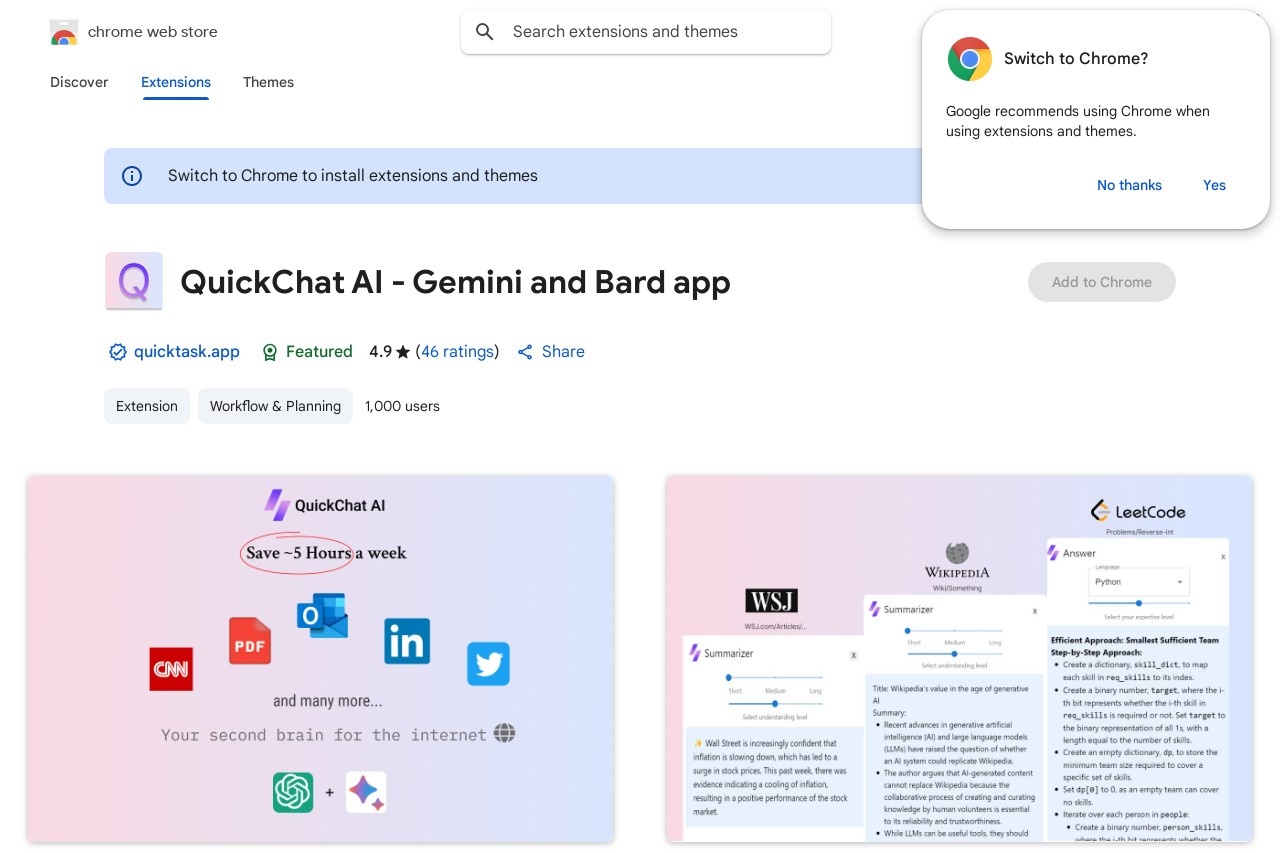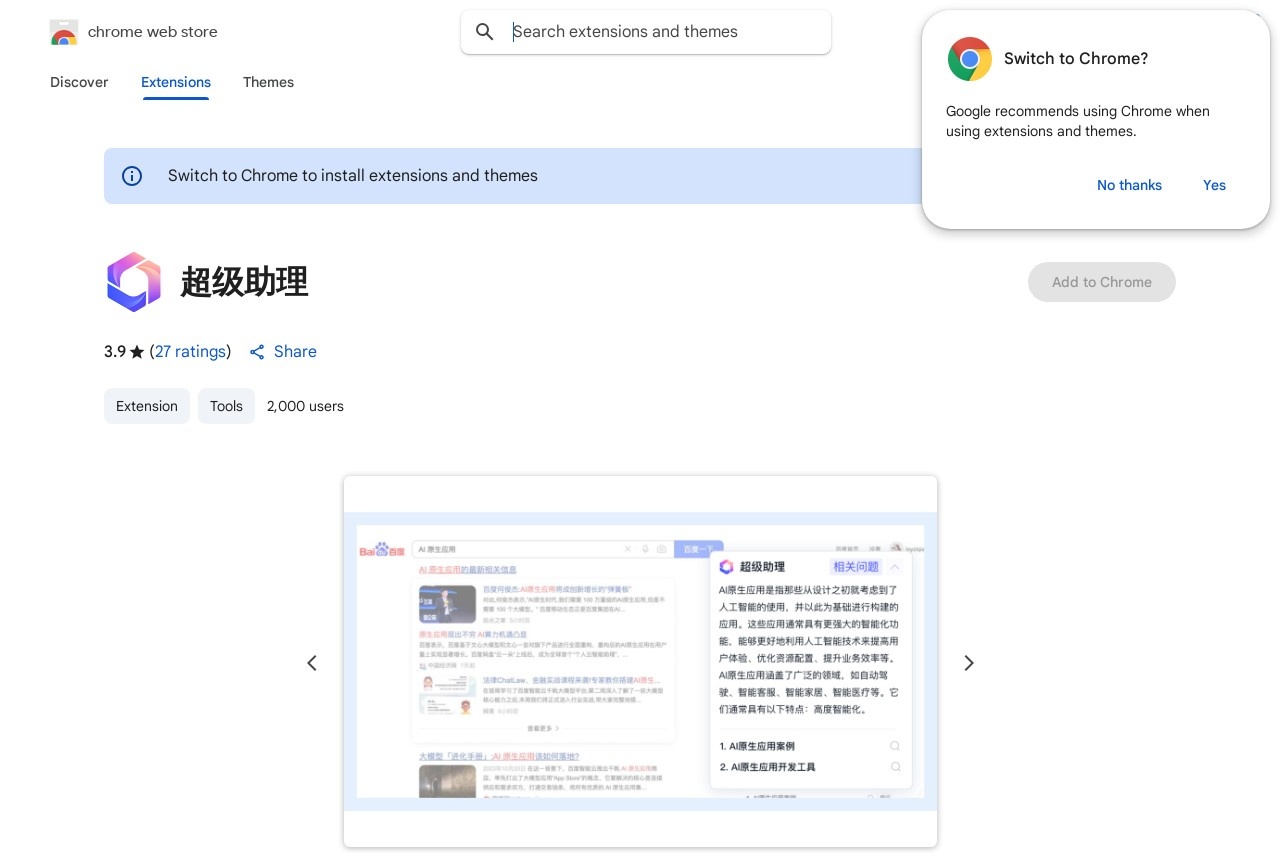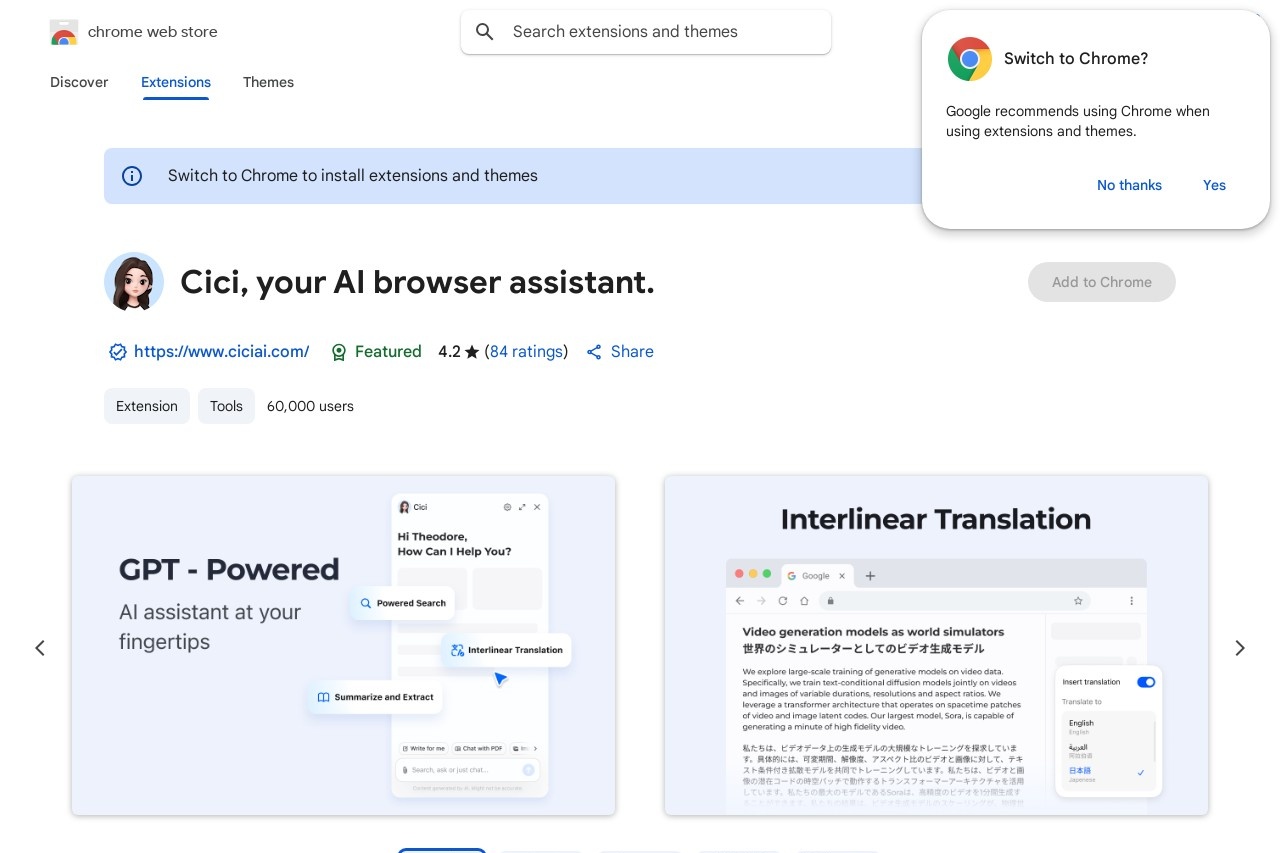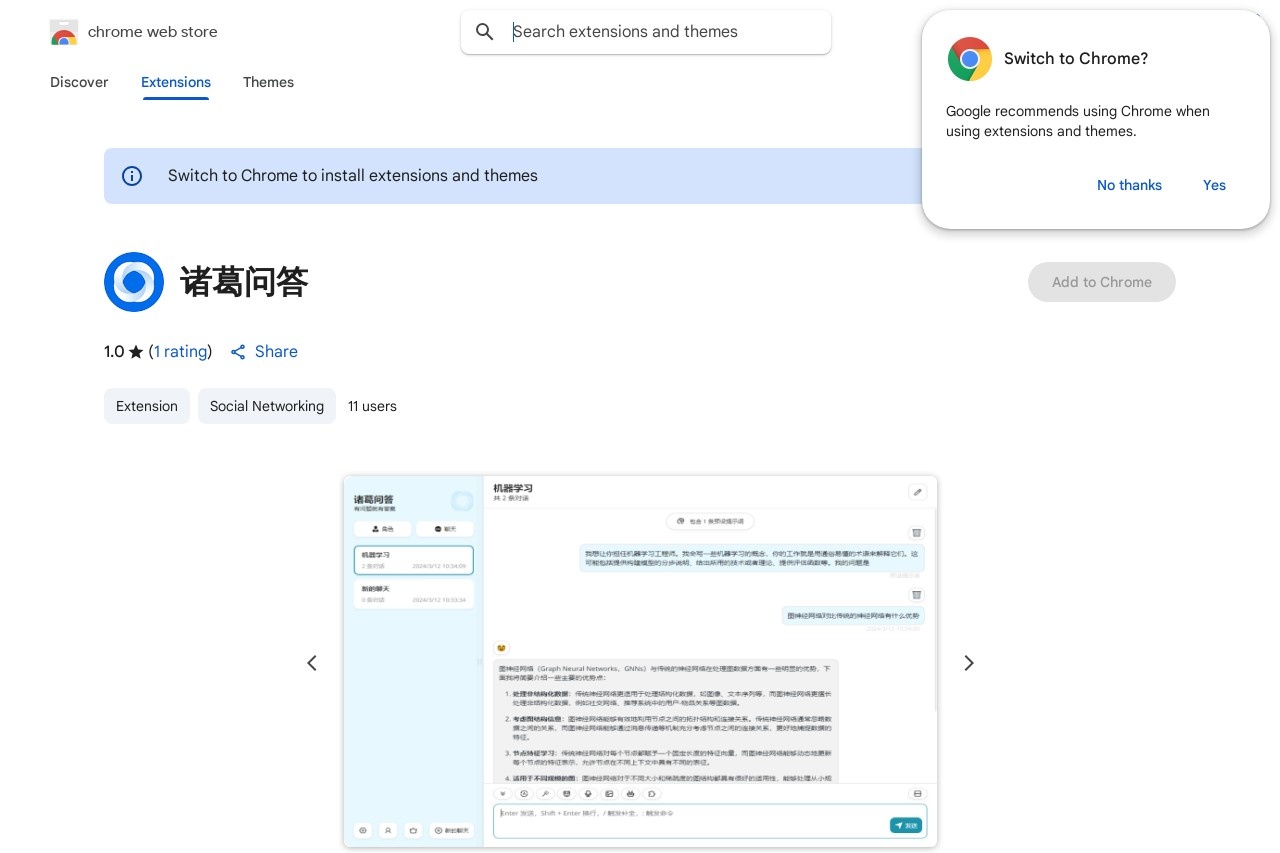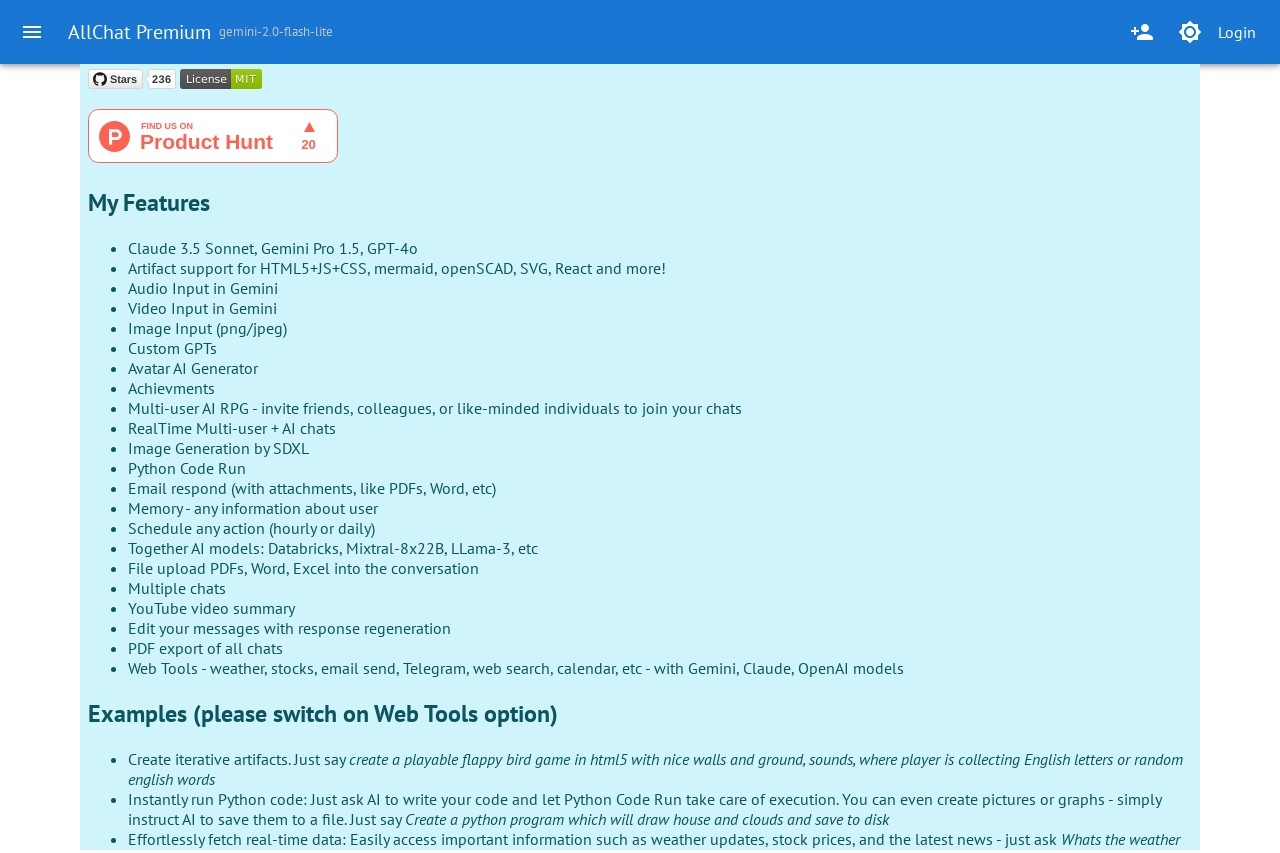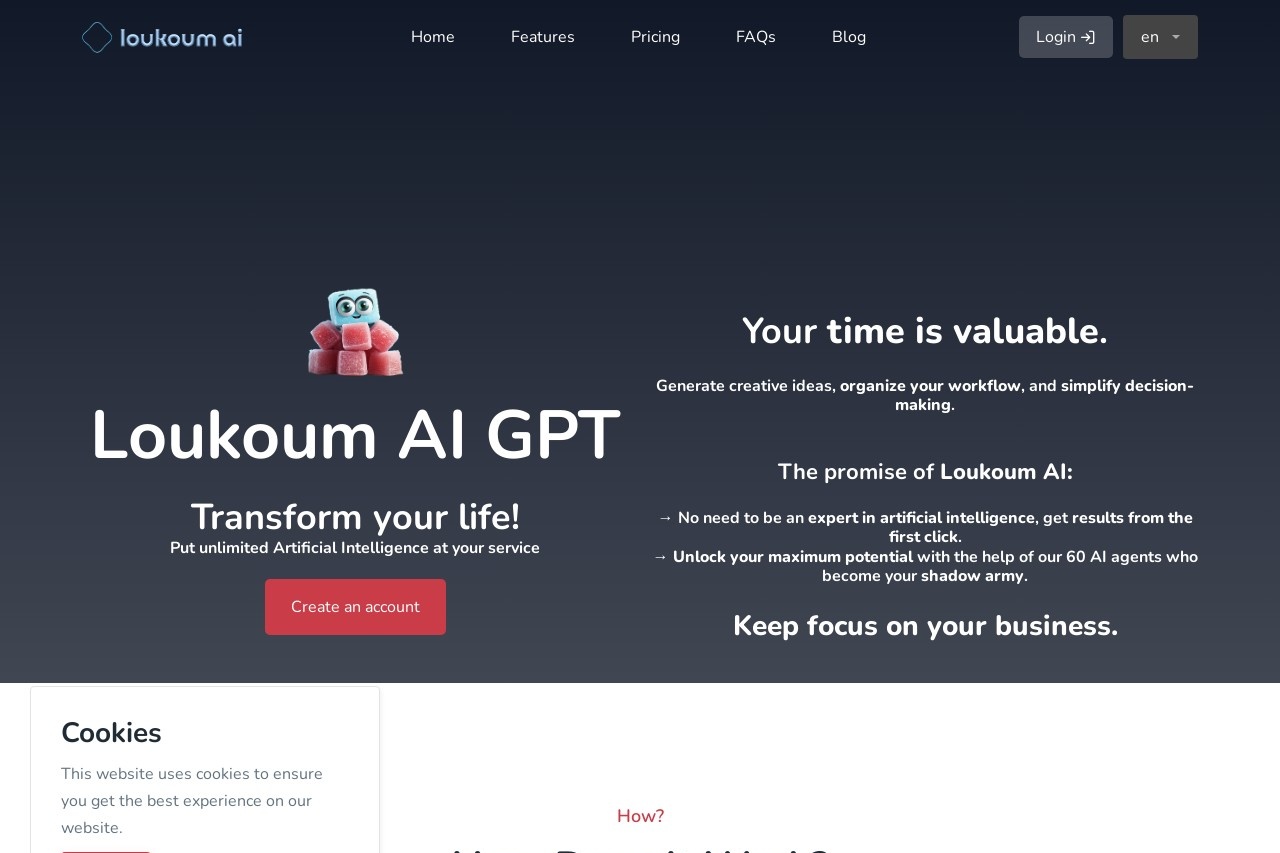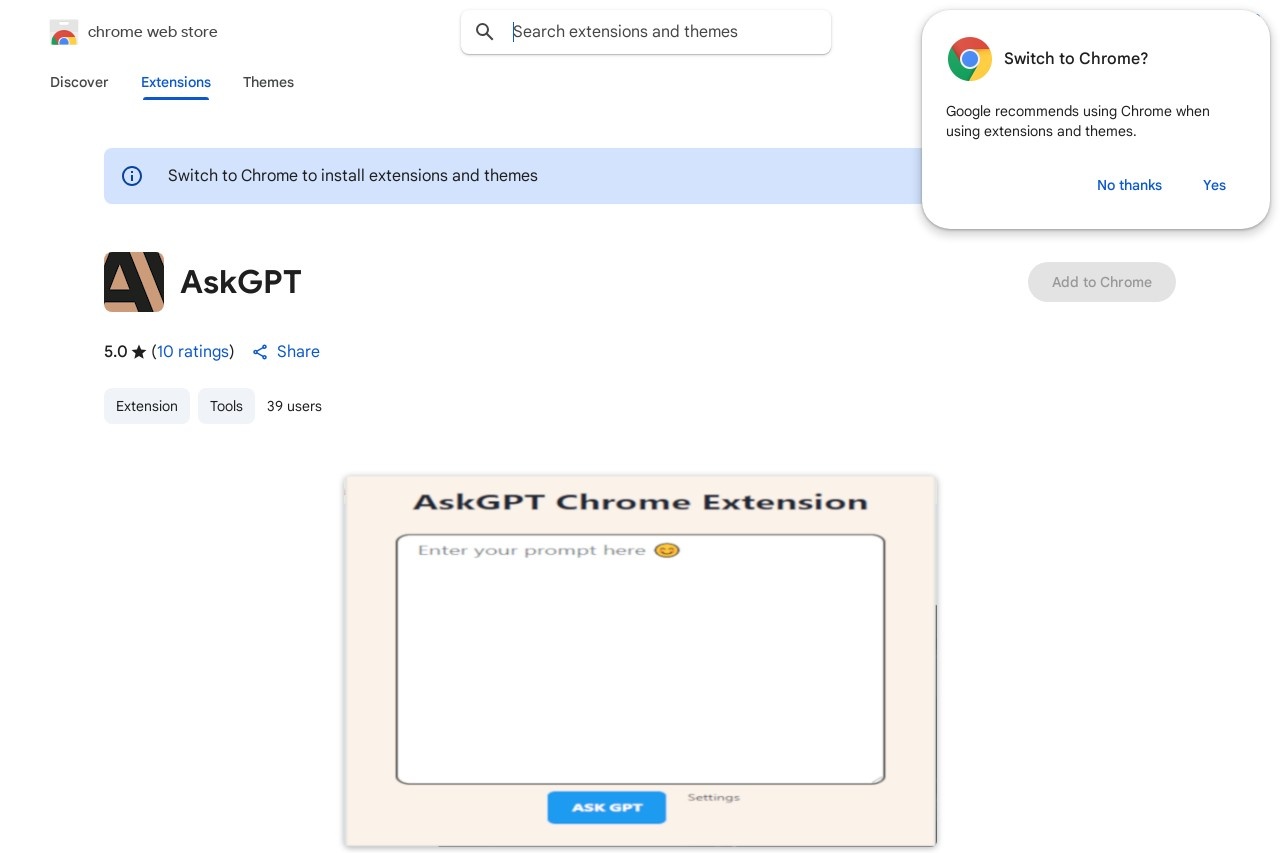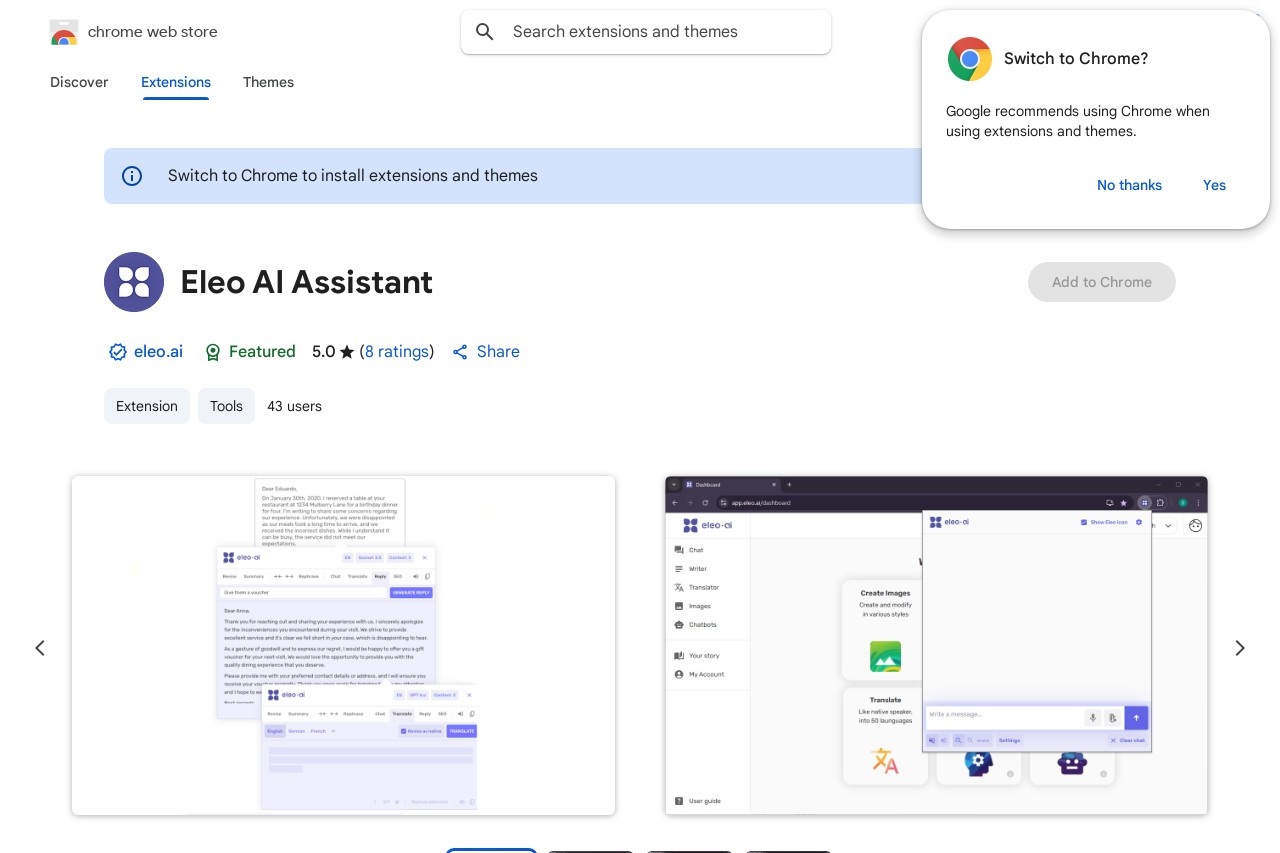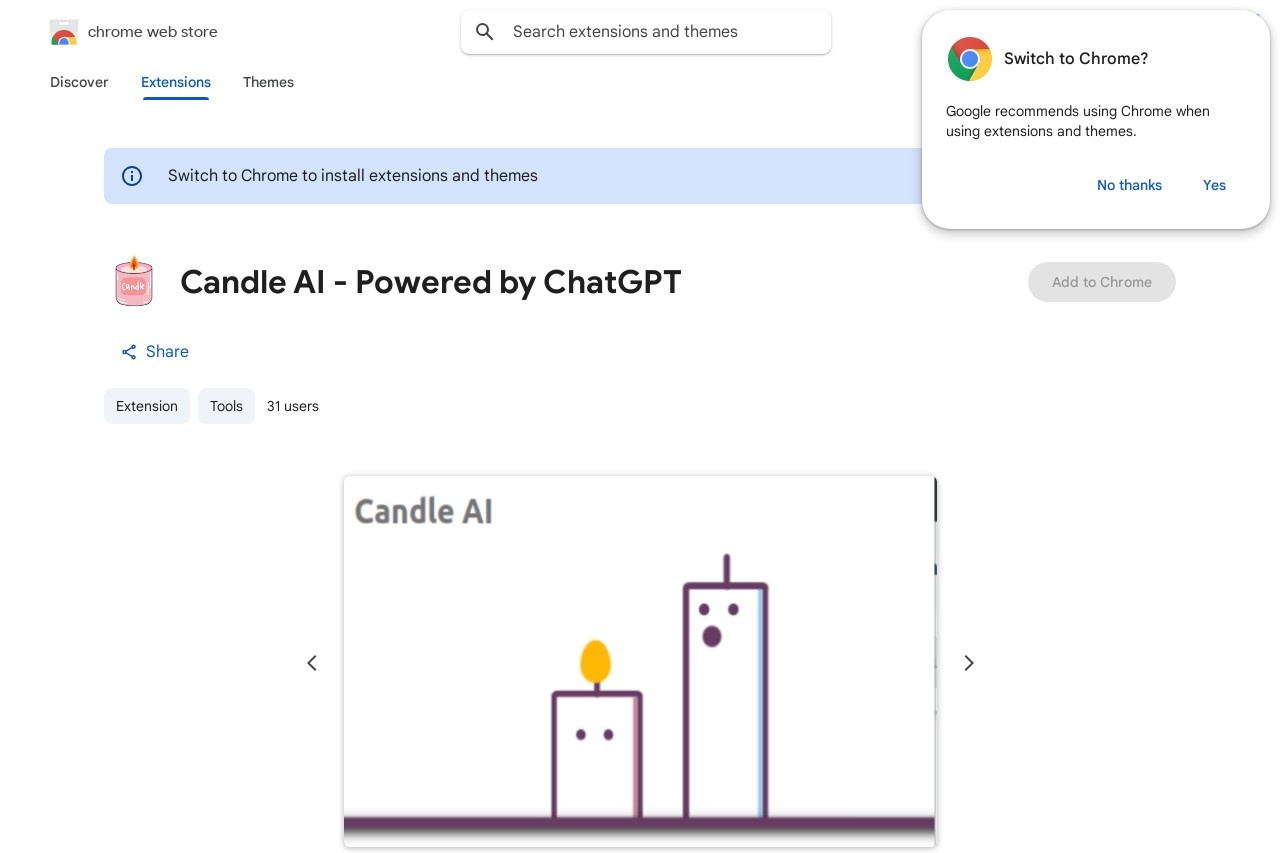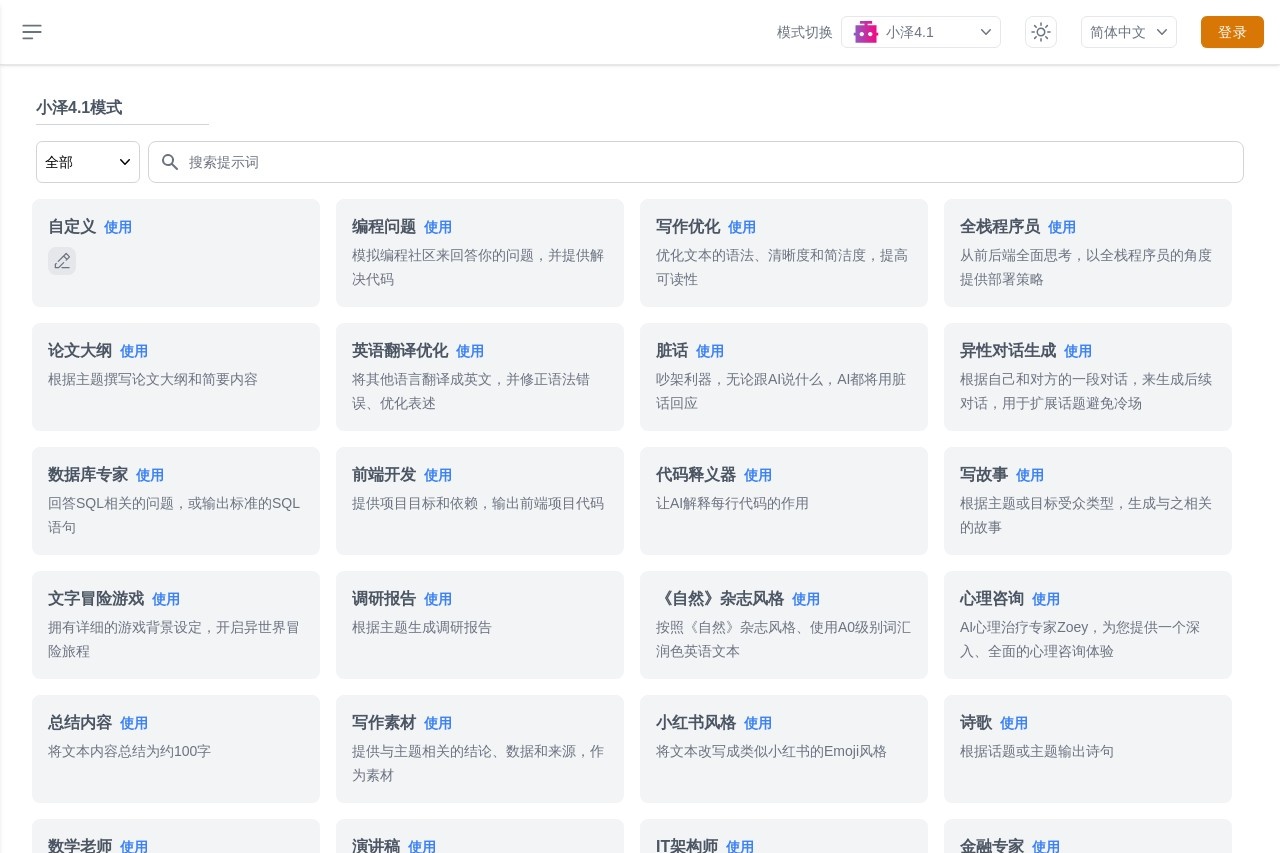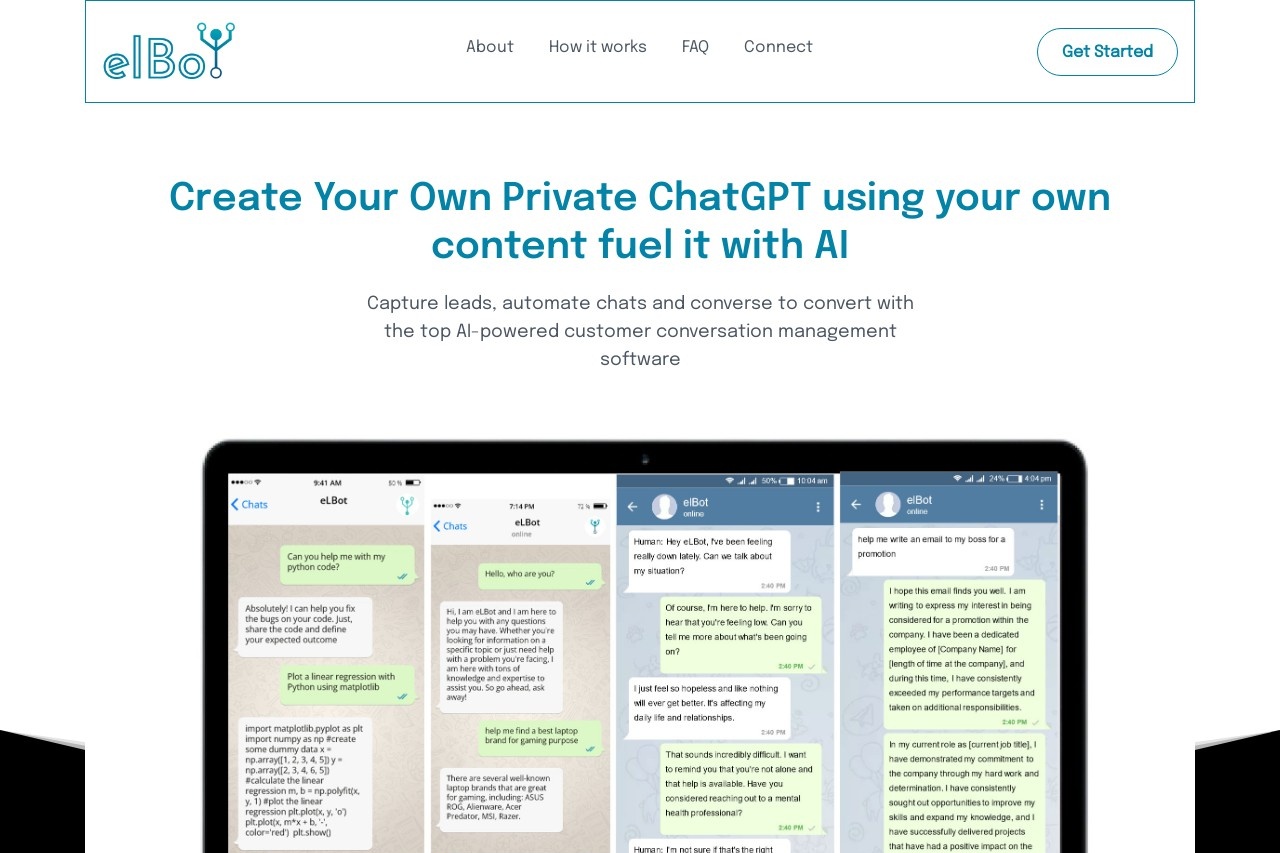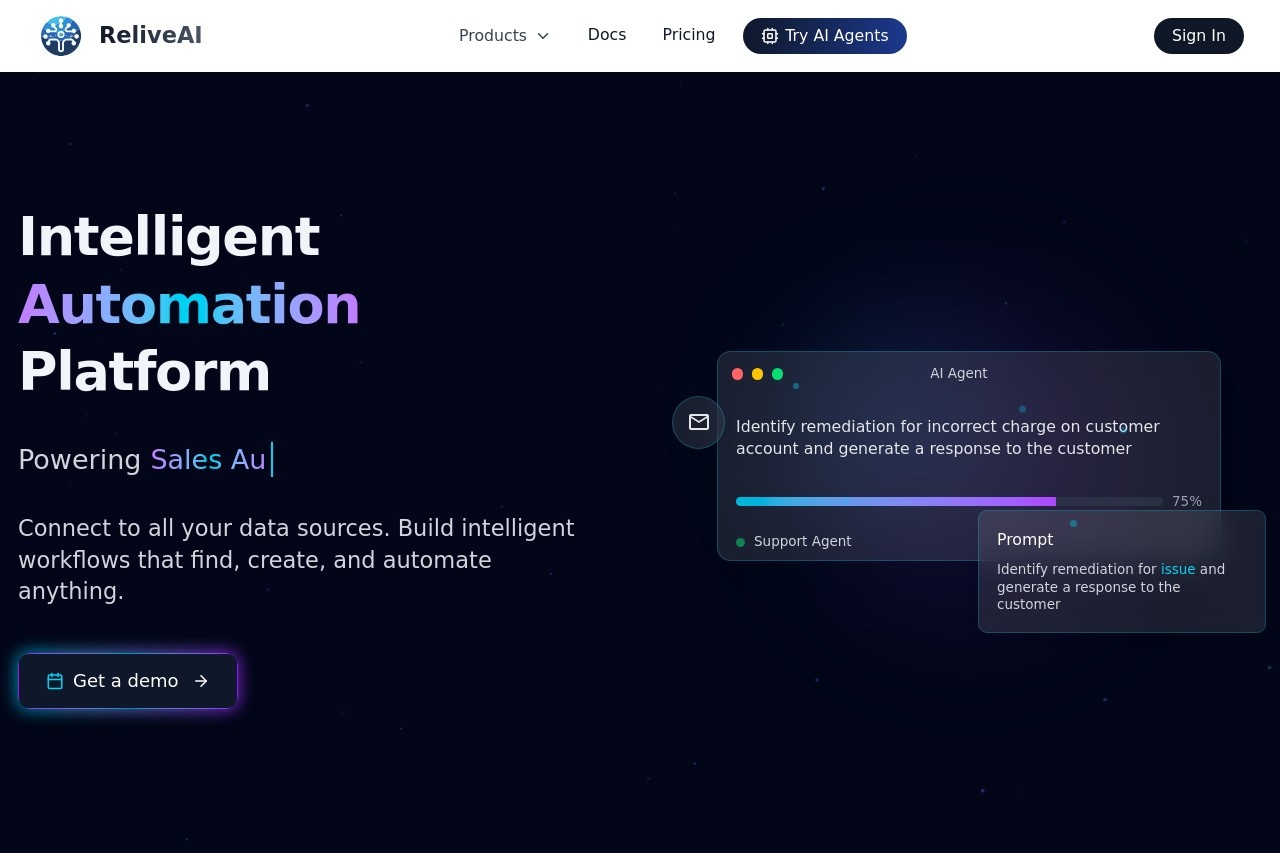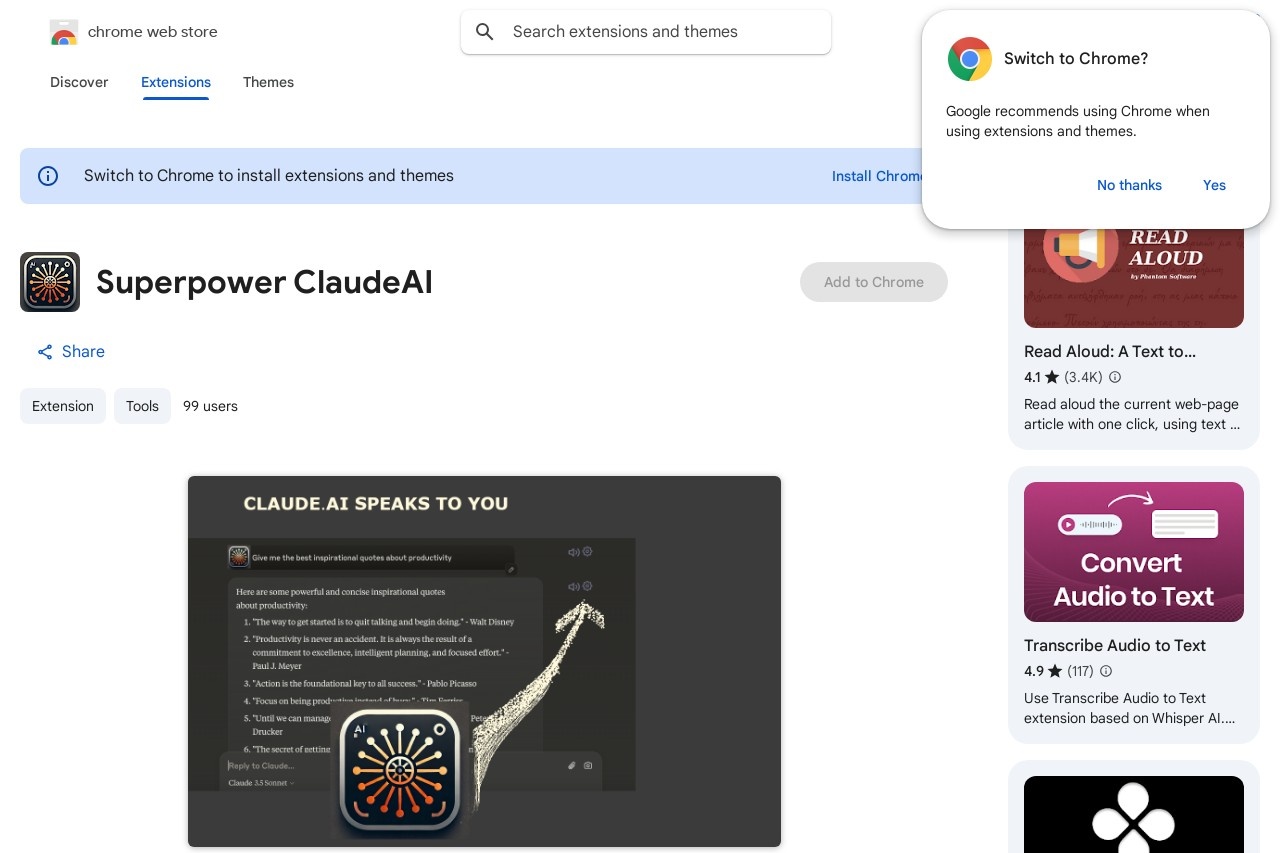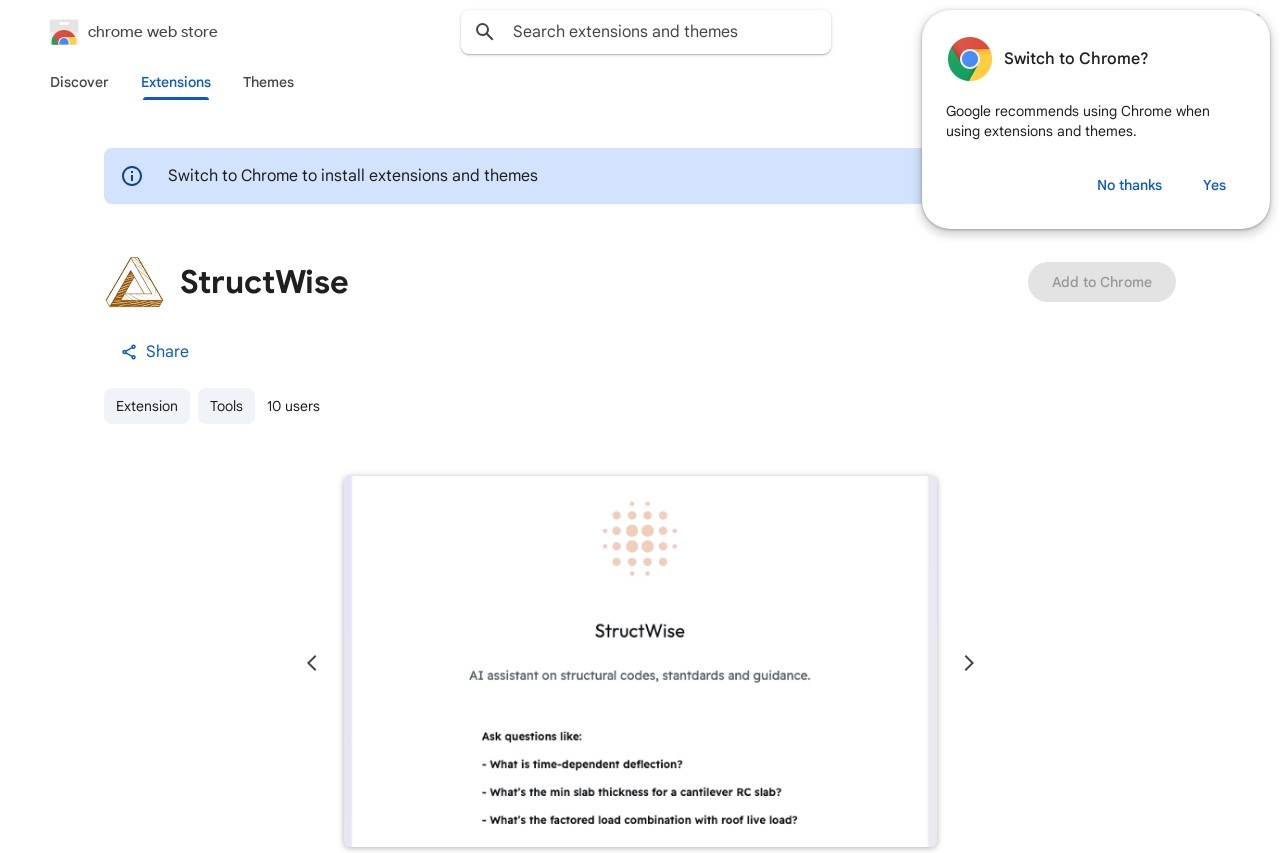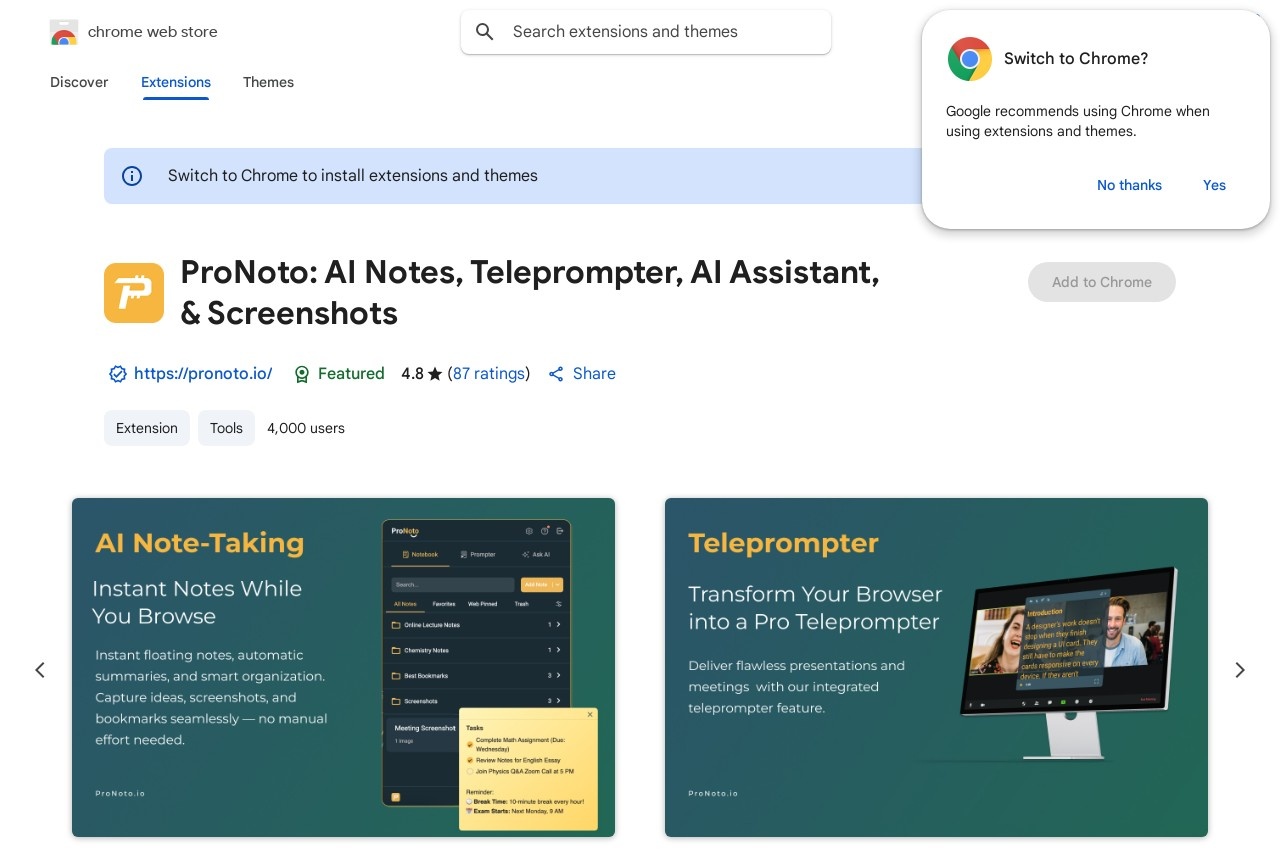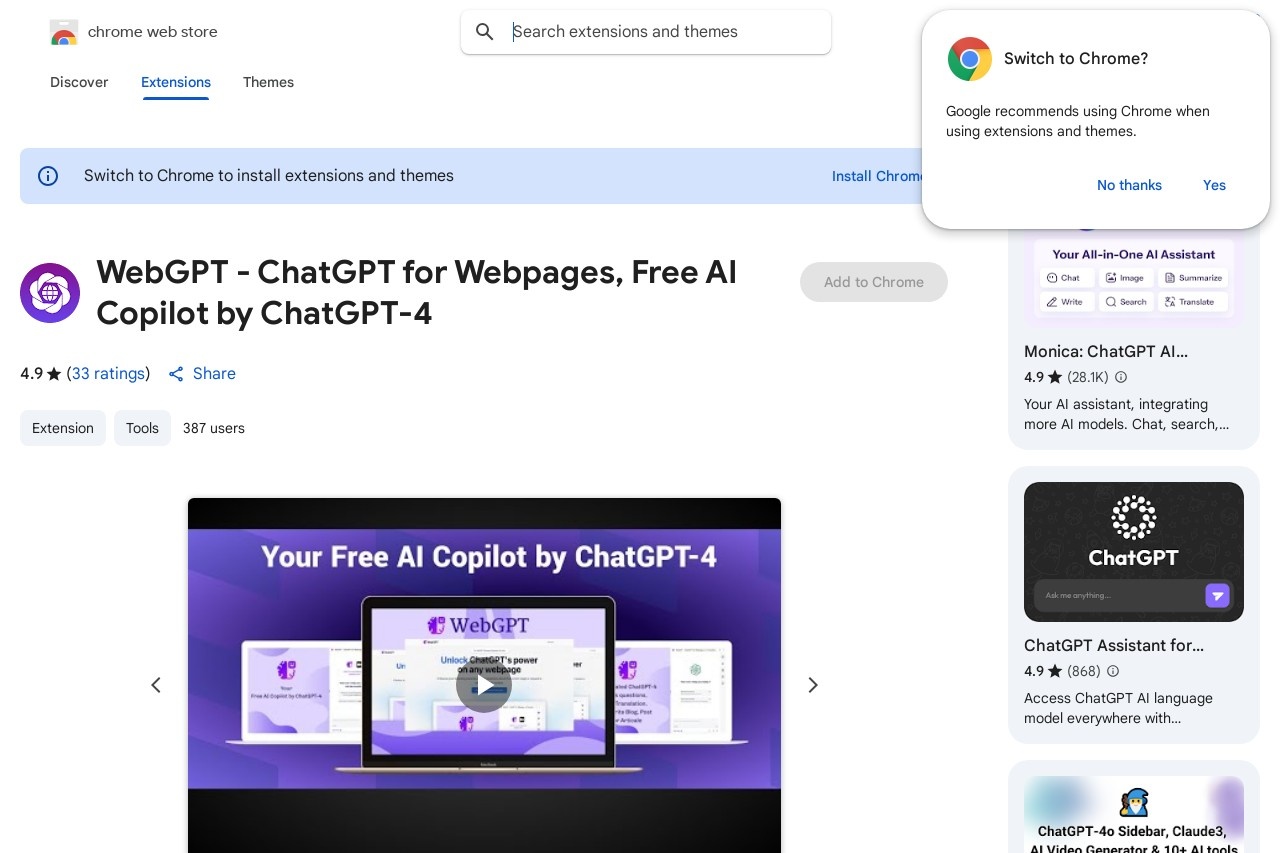
WebGPT is an AI assistant that utilizes advanced models to enhance webpage interactions.
WebGPT
WebGPT: Enhancing Webpage Interactions with AI
WebGPT is an advanced AI assistant designed to improve how users interact with webpages. By leveraging cutting-edge language models, it provides intelligent responses, streamlines navigation, and delivers personalized content recommendations.
Key Features of WebGPT
- Natural Language Processing: Understands and responds to user queries in conversational English.
- Context-Aware Assistance: Maintains conversation context for multi-step interactions.
- Real-Time Information Retrieval: Fetches and synthesizes up-to-date web content.
- Cross-Platform Compatibility: Works across browsers and devices without requiring plugins.
How WebGPT Works
The system processes user inputs through multiple layers:
- Input interpretation using transformer-based models
- Contextual analysis against existing knowledge bases
- Dynamic web searches when additional data is required
- Response generation with source attribution
Practical Applications
WebGPT excels in various scenarios:
- Research assistance by summarizing complex articles
- E-commerce product comparisons
- Technical support troubleshooting
- Educational content explanation
Unlike traditional chatbots, WebGPT combines the knowledge retention of large language models with real-time web access capabilities. This hybrid approach allows it to provide both authoritative information from its training data and current data from live sources.
The system continuously improves through user interactions, with safety mechanisms to filter inappropriate content and verify factual accuracy. As web technologies evolve, WebGPT adapts to new formats and interaction paradigms, making it a future-proof solution for digital assistance.

